I was disappointed to hear Andy Burnham on Marr last Sunday declare his opposition to free schools. He put plenty of distance between himself and Ed Miliband, even admitting Labour spent too much in the run-up to the recession, which is quite something given that he was the Chief Secretary to the Treasury at the time. But Miliband was spot on, apparently, when it came to free schools. He then reeled off all the usual guff about ‘experimenting with children’s education’, ‘surplus places’, ‘unqualified teachers’, etc.
It’s tempting to take Burnham to task over this, since he’s the favourite to become the next Labour leader. What could be clearer evidence that he’s in the pocket of Len McCluskey than siding with the teaching unions? But I’m going to rise above it. Burnham is like one of those Japanese soldiers who emerges from the Burmese jungle, bayonet at the ready, after the war has ended. Newsflash Andy: your side lost. David Cameron has pledged to open 500 new free schools. If you add those to the 250 or so that have opened already, that brings the total to 750. Like it or not, free schools are now a permanent feature of England’s educational landscape. If and when Labour ever gets back in, they won’t be able to do anything about them.
It doesn’t come naturally to me to be magnanimous in victory, particularly when I think about the misery Labour would have inflicted on the parents and teachers who’ve devoted their lives to setting up new schools over the past five years. But magnanimous our side must be. To quote my father, the author of Labour’s 1945 manifesto, we’ve won the war and now we must win the peace. We need to disabuse our opponents of the notion that we are softening up England’s public education system so it can be sold off to billionaire robber barons, and persuade them that we are in the same business as them, namely, creating good local schools so all children can realise their potential, particularly the least well-off.
A good opening salvo in this campaign has been fired by Robert Peal, head of history at the West London Free School. He’s just edited a collection of essays for John Catt called Changing Schools: Perspectives on Five Years of Education Reform. It includes contributions from some of the most important voices in the reform movement, including James O’Shaugh-nessy, Katharine Birbalsingh, Daisy Christodoulou, Andrew Old, Jonathan Simons and Tom Bennett. In the introduction, Peal argues that the main impact of increased school autonomy has been to empower teachers, handing them more control over what’s taught in their classrooms and, just as importantly, how it’s taught. This revolution is far from complete — politicians and bureaucrats still hold too much power — but it’s likely to continue under Nicky Morgan. That’s a good argument for why all teachers should embrace the government’s reform programme, not just shy Tories lurking at the back of the staff room.
But the really striking thing about Changing Schools is not the substance of the essays, but the tone. Flicking through its pages, it’s clear that most of the contributors believed we were heading for a period of Labour government and they do their best to make a bipartisan case for the improvements they’ve made over the past five years. Gone is the shrill, embattled note of the warrior in full cry — my own preferred register — and in its place is a calm, measured voice. Imagine the curator of a museum in Iraq trying to reason with the local Isis commander, surrounded by troglodytes clutching hammers and power drills, and you have the general idea.
Had the barbarian horde actually made it as far as Downing Street on 8 May, I have no doubt these pleas would have fallen on deaf ears. Tristram Hunt would not have been entrusted with the task of dismantling free schools and academies — too soft. No, it would have been given to some knuckle-dragging Brownite. Within months, people like James O’Shaughnessy, Katherine Birbal-singh and Jonathan Simons would have been hauled before some quasi-judicial House of Commons committee, where the show trials would have begun. I shudder to think about it.
But given that Labour and its allies in the teaching unions have been vanquished, the contributors to this excellent collection of essays have, almost by accident, hit upon exactly the right note. Henceforth, I will try my best to mimic their reasonable, consensual tone. The insurgents have won and we must do our best to treat our former masters with dignity and respect.
Got something to add? Join the discussion and comment below.
Get 10 issues for just $10
Subscribe to The Spectator Australia today for the next 10 magazine issues, plus full online access, for just $10.


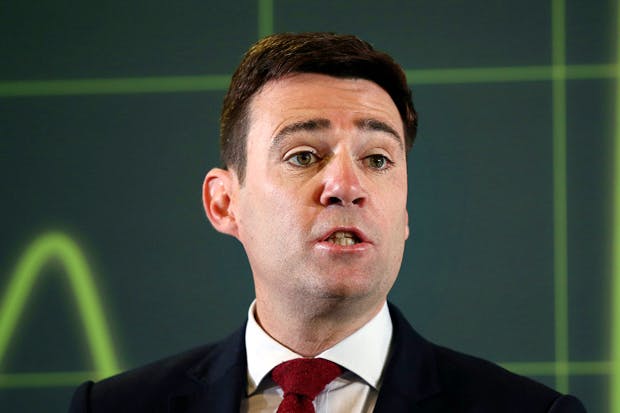
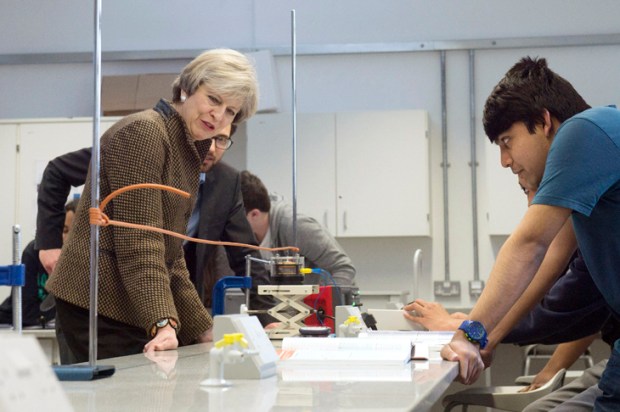
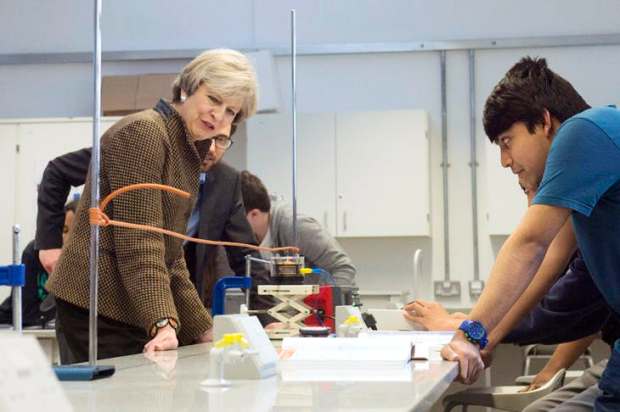
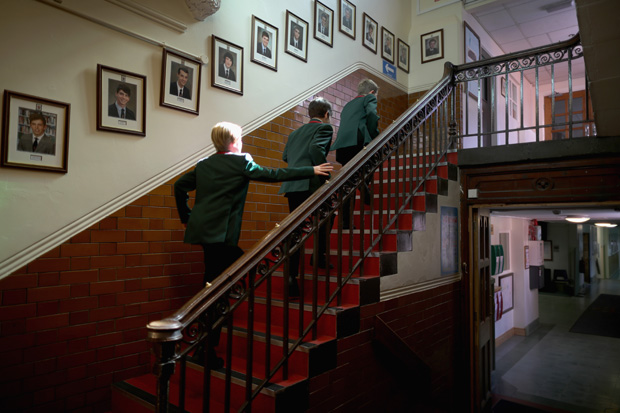
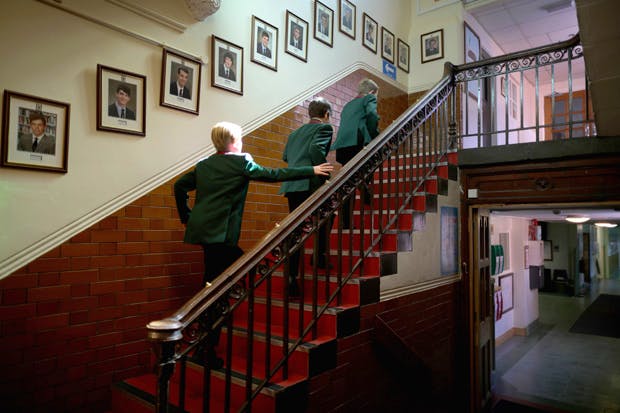






Comments
Don't miss out
Join the conversation with other Spectator Australia readers. Subscribe to leave a comment.
SUBSCRIBEAlready a subscriber? Log in